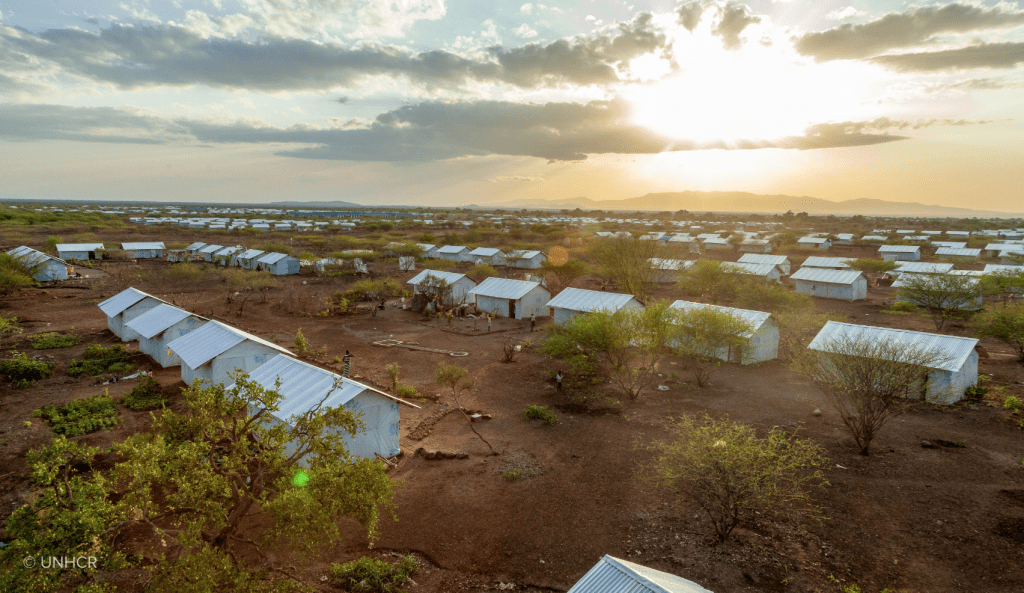By Cassie Rudolph, GWU undergraduate (SMPA 3350)

The director of U.S. government-funded news organization Voice of America discussed VOA’s future and freedom of the press worldwide at the GWU Elliott School of International Affairs on Monday, May 6, 2019.
Amanda Bennett, who has headed VOA for three years, spoke about the news agency’s energetic work to transmit information to countries with limited freedom of the press and VOA’s new efforts with the population of refugee camps. About 100 people attended the event, hosted by the Public Diplomacy Council, the Public Diplomacy Association of America and the University of Southern California’s Annenberg Center on Communication Leadership and Policy.
Bennett noted that VOA, which was founded during the Second World War and broadcasts news around the world in 46 languages today, is a nonpartisan and unbiased source of news, even though almost all of its funding comes from the U.S. government. The organization was originally created to broadcast Allied forces news into Nazi Germany during WW2.
Bennett said that VOA’s reputation rests on the separation of powers between VOA journalists and politic interests. “We are independent of the U.S. government,” she said. “That underlies our credibility. Because as you know from other state-funded organizations, they do not enjoy that same credibility.”
Bennett said VOA hopes to help reverse the current trend of declining press freedom around the world by highlighting the role of journalists and their impact. Global press freedom declined to its lowest point in 13 years in 2016, according to a 2017 report from Freedom House. “We’re going to be covering free press in all its intricacies with our journalists around the world,” Bennett said.
Bennett said VOA officials and journalists have recently added a new focus: delivering fair and free information to populations in refugee camps, where access to news is scarce. She said VOA has implemented two pilot projects in Kenya’s Kakuma refugee camp, which houses 165,000 refugees from Ethiopia, Sudan, and Somalia, and also in camps in Bangladesh harboring Rohingya people fleeing Myanmar, where they are persecuted.
Bennett said the people she spoke to at refugee camps are desperate for information about events around the world, and in their countries of origin. She added that VOA officials have tentative plans to introduce VOA programming into every major United Nations refugee camp. She noted that keeping refugees well-informed not only helps their own security and welfare but also encourages them to return home when it is safe to do so. Bennett said interactions she had in 2014 with refugees inspired her to expand VOA’s Learning English Program, which features daily broadcasts in English spoken at a slower pace to promote comprehension among English language learners.
She said that last month, VOA further increased these efforts by introducing person-to-person contact between VOA volunteers and refugee children and adults aiming to learn English. The program has a force of almost 5,000 English language instructors in the Rohingya camps, Bennett said. She said the program will benefit children and adult refugees by teaching them to speak a language that makes them more attractive to employers worldwide.
“I tell the young interns at Voice of America,” Bennett concluded, “That one day you’re going to be walking through a street someplace in America or Southeast Asia and a 25-year-old is going to come up to you and say, ‘I was a refugee, in the Rohingya camps, and I got a job in Indonesia or Thailand or Canada and escaped poverty all because you taught me English.”
Whether fighting on the frontlines of freedom of speech in global hotspots or in providing new opportunities to abandoned refugees, VOA continues telling America’s story to the world and advancing U.S. national interests, one listener at a time.

